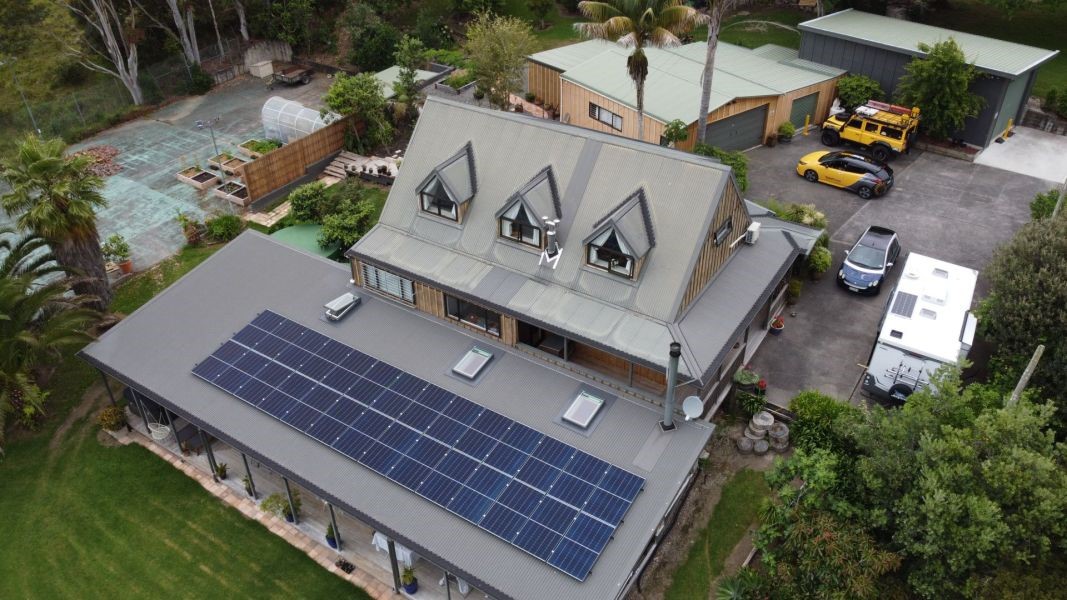Are you thinking installing solar panels at your home? Have you been approached by some smooth talking salespeople?
We’ve compiled a helpful list to start you off on your journey towards going solar:
1) Pay only the deposit first.
A reputable installer will ask for a deposit to secure the dates for your installation and hold onto any stock needed to complete your solar power system. The balance should only be paid once you have confirmed your solar system is up and running, your batteries are charging. You should be able to see in your app whether or not your system is running as it should.
2) Check if your installer uses an in-house installation team.
Ask your installer whether or not they have an in-house solar installation team, or if they contract their installations out to general electricians. Be sure to check if your installers are registered electricians and solar specialists, to ensure your solar system complies with regulations and is installed to a high standard. Testing and commissioning are also extremely important when hybrid inverters and batteries are being installed, to prolong the life of the battery, and to ensure it is optimised for your household.
3) Choose the right size for you.
Depending on your household load profile, it is possible to be almost completely self-sufficient with solar. With the increasing number of power outages in New Zealand in the future due to higher demand on the power network, having solar with backup power to run your home will be invaluable. Talk to your installer about what size would be the right solution for you, based on your savings goals and your budget.
4) Ensure your system comes with a user friendly app.
With everything being ‘smart’ these days, why settle for a solar system that isn’t? Check with your installer whether or not your system can be monitored via an app, and ensure that it is user friendly. No system is the same, and it is important for you to be able to monitor and manage your own system once it’s installed. It will also allow you to identify any faults as soon as they occur, rather than months down the line.
5) Make the most of benefits from your energy retailer.
Many energy retailers offer free power or a reduced rate scheme during off-peak hours. Choose a solar power system that can be configured to make the most of these benefits. Not only should you try to run your dishwasher, washing machine and dryer during these hours, but you should also set your battery to charge from the grid for free during this time. If you can charge your batteries at night for free, this is particularly beneficial.
6) Be wary of leasing a solar system that you do not own.
The downside of leasing a system that doesn’t belong to you is the lack of choice and freedom over your own solar power system. Without the option to shop around for different energy providers, you are likely missing out on many benefits that solar can offer, on top of paying your monthly lease fee. Your solar system should be designed to maximise savings for you, not to benefit your energy retailer.
7) Check Google reviews.
Make sure you check Google reviews for your potential installer before paying any deposits. Do your own research and make an informed decision regarding your investment.

